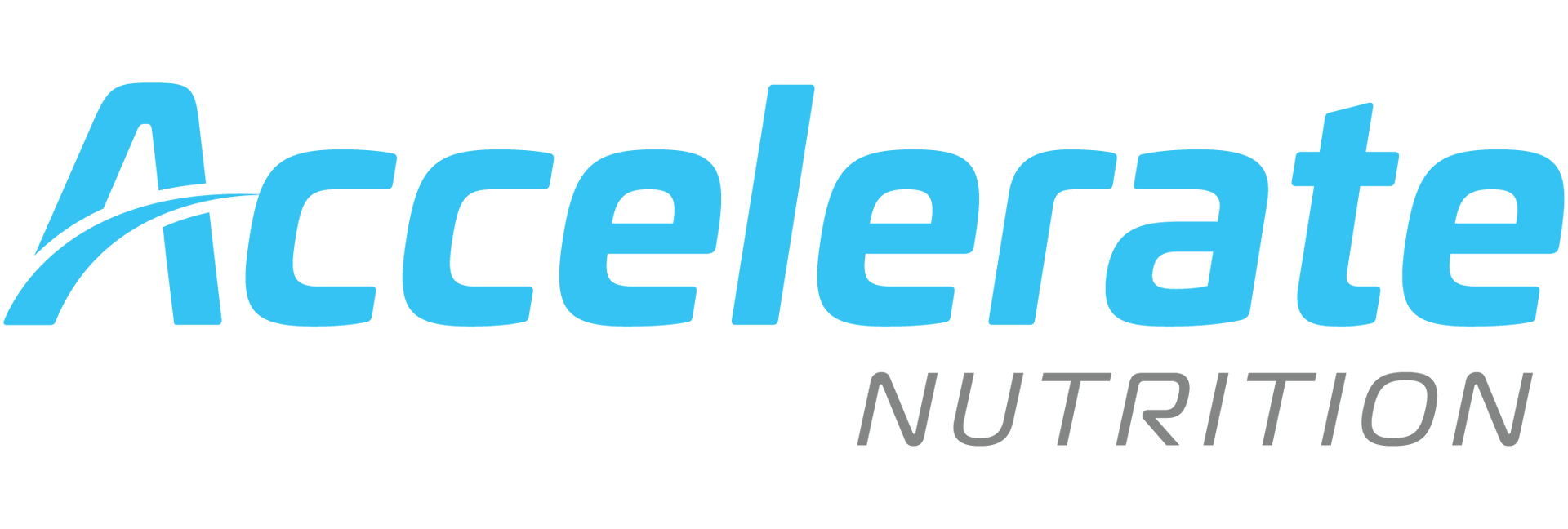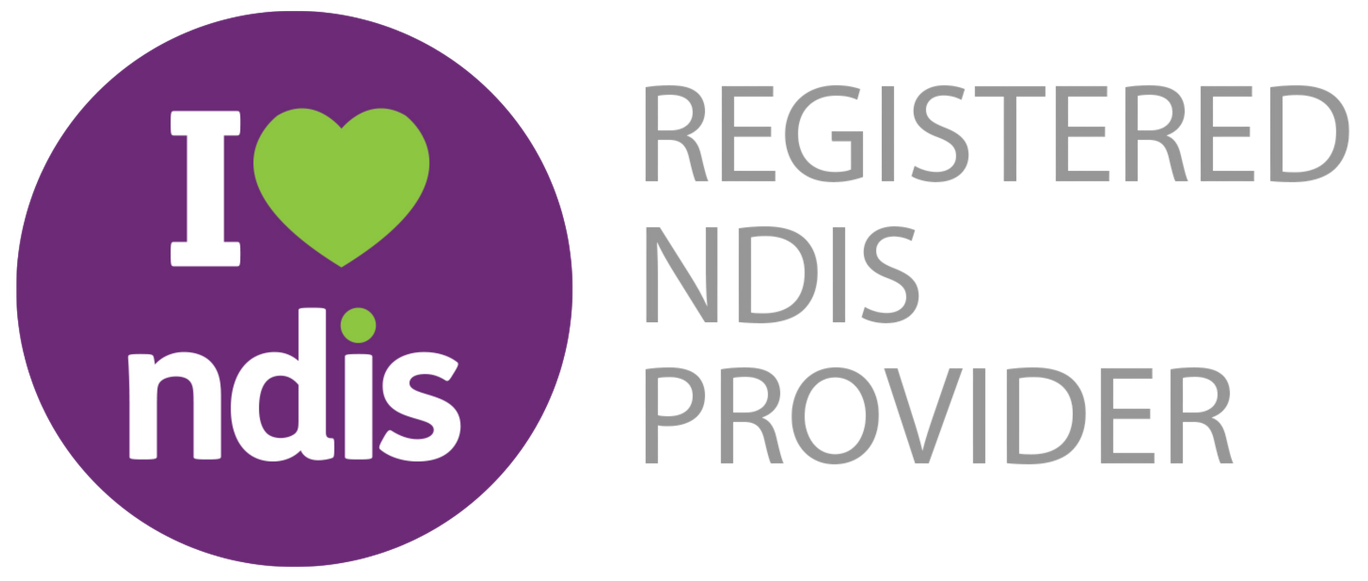Confused About What To Eat? Start Here
Feeling Overwhelmed By Food Advice?
You're Not Alone
Feeling confused about food is more common than you think.
With so many diets, trends, and opinions out there, it can be hard to know what to trust.
Maybe you’re dealing with a health condition, feeling overwhelmed at the shops, or just unsure about what your body actually needs right now.
Question 1: Why Do I Feel So Lost About What To Eat?
There are too many voices telling you what to do.
Social media, family, health professionals - everyone has a different take.
That can leave you second-guessing everything.
Instead of aiming for perfection, try asking: "What makes me feel nourished today?"
That’s where clarity begins. Food doesn’t have to be complicated. You just need a place to start.
Start with what you know you like. Then build from there. No trends. No strict rules. Just small, doable steps.
Question 2: What Should I Eat If I Don’t Feel Hungry?
Start small. Your body still needs fuel, even if appetite is low. Try:
- Smoothies
- Toast with nut butter
- Yoghurt and fruit
- A soft-boiled egg and crackers
Focus on texture and comfort. Warm, soft, or blended foods can be easier when your appetite is low.
Try sipping on drinks like milky tea, soups, or light broths too.
Sometimes, it helps to eat by the clock - not your hunger cues - until things settle.
Question 3: Is It Bad To Eat The Same Thing Every Day?
Not necessarily. If you’re eating meals that work for you, there’s no shame in repetition.
But if you’re feeling tired, bored, or missing nutrients, it might be time to add something new.
Try rotating one part of your routine:
- Change the fruit in your yoghurt
- Try a different soup base
- Add herbs or spices to meals
Even small tweaks keep meals interesting and varied.
Question 4: What If I’m Trying To Eat “Healthy” But Feel Worse?
Sometimes, eating "healthy" by the book doesn’t feel good in real life.
You might be under-eating, over-restricting, or ignoring your body’s cues.
"Healthy" doesn’t have to mean raw kale, overnight oats, or green juices. It can mean:
- A warm, filling pasta
- A cheesy toastie when you're tired
- A snack when your energy dips
Pay attention to how food makes you feel - not just how it looks on paper. Your comfort counts.
Question 5: How Do I Know If I’m Eating Enough?
If you’re feeling:
- Tired all the time
- Cold often
- Craving quick carbs
- Thinking about food constantly
This could be signs you might not be eating enough.
Other signs include headaches, light-headedness, poor sleep, or irritability.
Try adding an extra snack, making meals a little larger, or eating more frequently throughout the day.
Your body will thank you with more energy and better focus.
Question 6: I Keep Starting New Diets And Giving Up. What Should I Do?
You’re not failing - you’re probably just following plans that don’t work for your life.
Instead of another diet, focus on small changes:
- Add one veggie a day
- Drink water before coffee
- Eat three meals, even if they’re simple
You can also try a flexible meal plan that works around your schedule.
The best eating plan is one you can actually live with - not something that leaves you feeling deprived.
Question 7: What If I Have A Health Condition?
Food matters - but so does feeling calm and supported.
If you’re managing diabetes, high cholesterol, IBS, or another condition, work with a Dietitian who understands your situation.
They’ll help you:
- Find meals that work with your medications
- Avoid trigger foods
- Still enjoy eating without fear
Many Dietitians now specialise in trauma-informed or neurodivergent-friendly care, so the advice feels safe, relevant, and practical.
Question 8: I’m Tired Of Cooking. What Are My Options?
Cooking fatigue is real. And it's nothing to be ashamed of.
Try:
- Frozen meals with added veggies
- Ready-made grain or pasta bases
- Sharing the prep with someone else
- Cooking once and eating twice
- Batch cooking when you have more energy
Shortcuts are allowed. Meals don’t have to be perfect - they just need to be doable.
Some days, a sandwich and fruit is a complete meal.
Question 9: How Can I Eat Well On A Budget?
You don’t need to buy all organic or specialty items.
Some budget-friendly foods include:
- Canned legumes
- Frozen vegetables
- Eggs
- Wholegrain bread
- Tinned tuna or salmon
Plan meals around what’s on sale. Use leftovers. Ask for support if food access is hard.
Many communities have resources and Dietitians who can help with planning around a tight budget.
Simple meals can still be balanced and nourishing.
Question 10: What If I Have Trouble Chewing Or Swallowing?
You’re not alone.
Soft, nourishing foods can include:
- Mashed sweet potato
- Soups with lentils or blended veg
- Porridge with fruit
- Scrambled eggs
- Stewed fruits with custard
You can also modify textures using blenders or food processors.
A speech pathologist or Dietitian can guide you through safe swallowing practices.
Eating should never feel painful or scary.
Question 11: I Feel Guilty When I Eat Certain Foods. What Do I Do?
Guilt doesn’t help you eat better - it just makes meals stressful.
Try shifting from “good vs bad” to “what supports me today?” All foods have a place.
It’s about balance, not judgment. You’re allowed to enjoy food. You’re allowed to eat for comfort, for energy, for celebration.
Let go of the shame. There is no moral value in food.
Question 12: How Can I Know What Actually Works For Me?
The best guide is your own body.
Notice:
- What meals give you energy?
- What foods keep you full?
- What eating habits help you feel calm?
Start there. Support can help, but only you live in your body. Your feedback matters most.
Food journaling or simply reflecting after meals can reveal patterns.
Over time, you’ll notice what supports you - and what doesn’t.

Still Have Questions About What To Eat?
We’re here to help you make food feel simpler, more supportive, and less stressful.
If you're confused, curious, or just ready to feel better, reach out.
You don’t have to figure it all out alone. One calm chat could make everything feel clearer.






